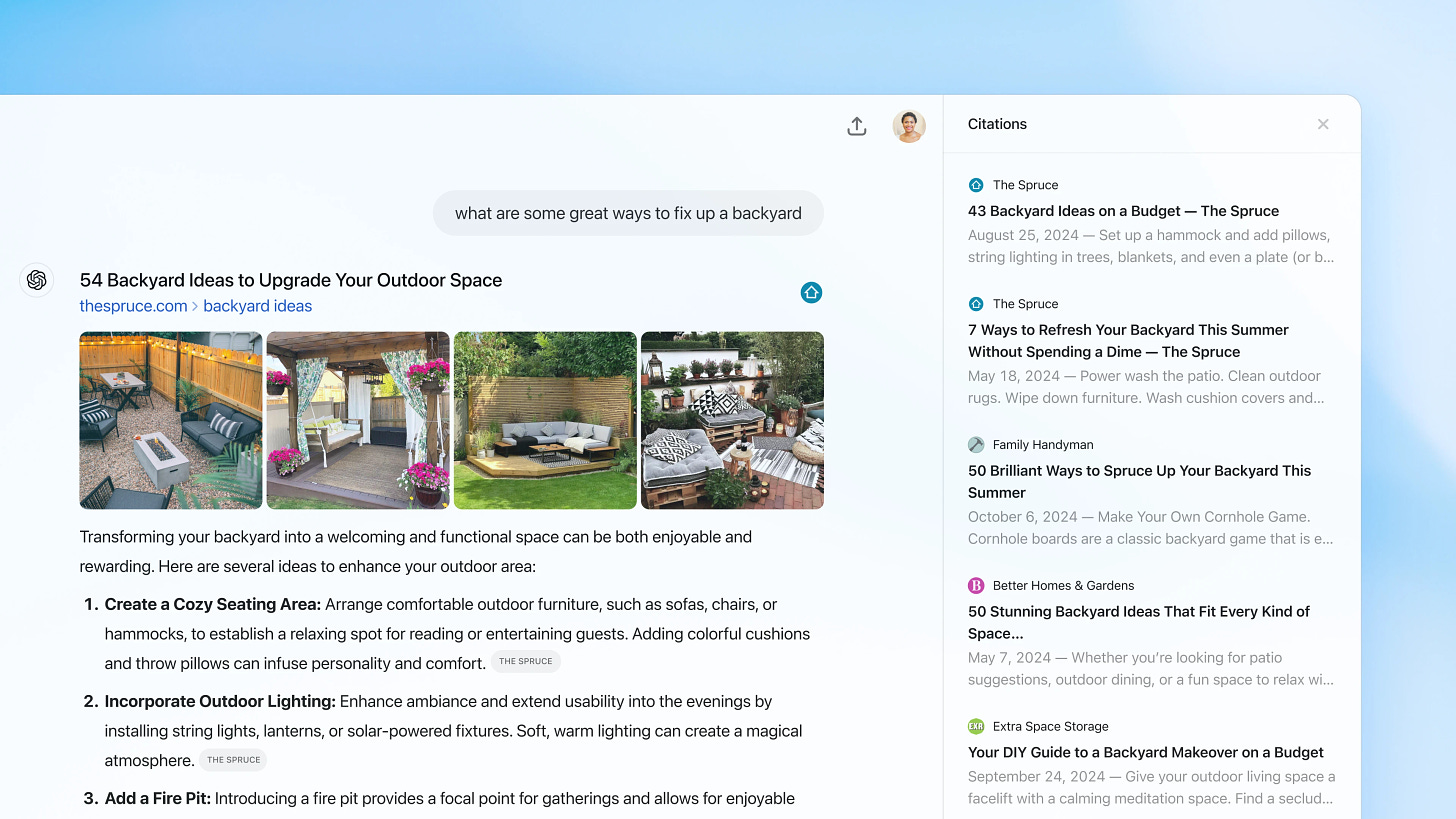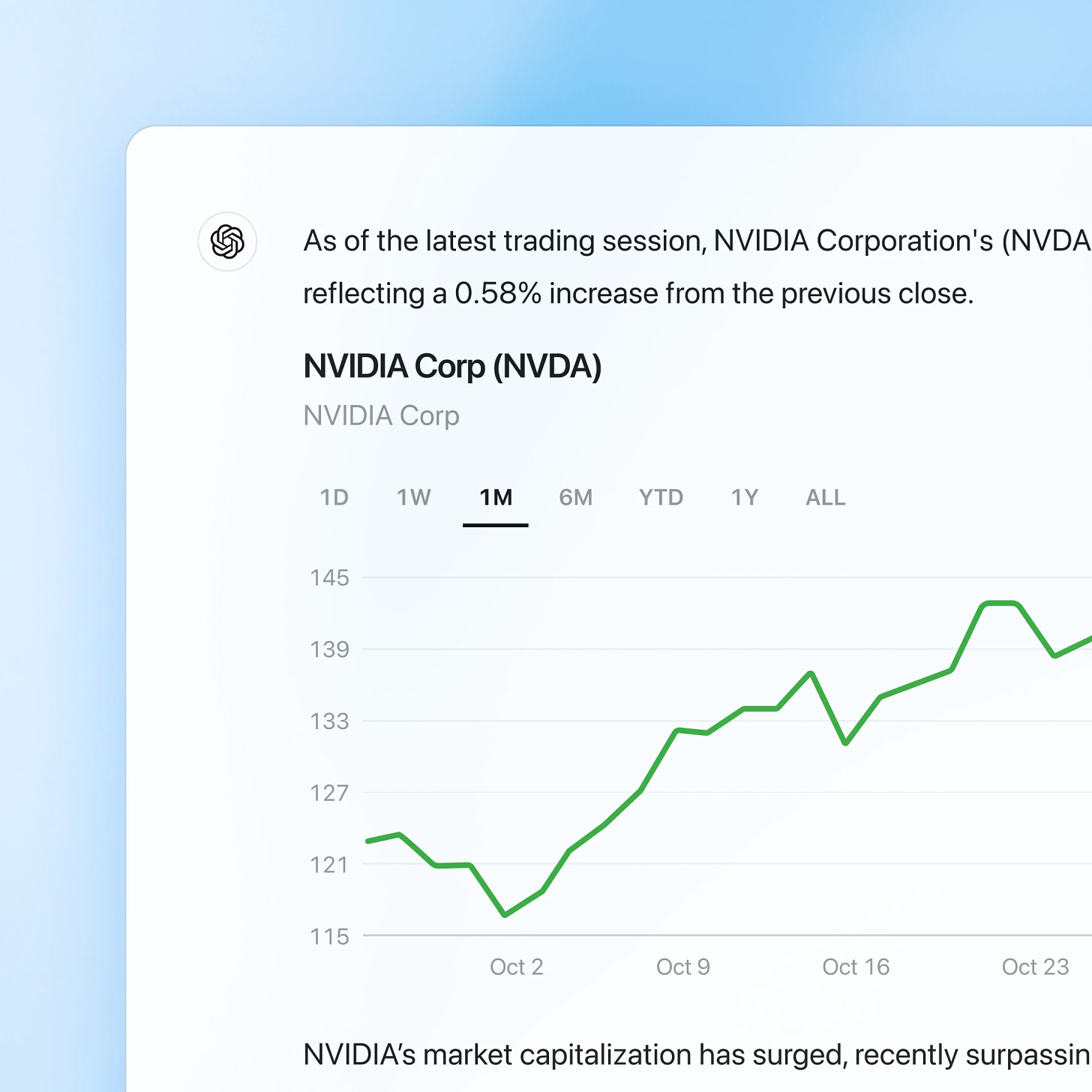Google's worst nightmare just became reality
OpenAI just launched an all-out assault on traditional search engines.
Google's worst nightmare just became reality. OpenAI didn't just add search to ChatGPT - they've launched an all-out assault on traditional search engines.
It's the beginning of the end for search as we know it.
Let's be clear about what's happening: OpenAI is fundamentally changing how we'll interact with information online. While Google has spent 25 years optimizing for ad revenue and delivering pages of blue links, OpenAI is building what users actually need - instant, synthesized answers from current sources.
The rollout is calculated and aggressive: ChatGPT Plus and Team subscribers get immediate access, followed by Enterprise and Education users in weeks, and free users in the coming months. This staged approach is about systematically dismantling Google's search dominance.
Breaking down the features
Behind this power move lies a sophisticated strategy that makes Google's approach look increasingly obsolete:
Real-time web access: ChatGPT now pulls live information from across the web, effectively eliminating one of its biggest limitations.
Smart integration: While Google gives you a list of links and hopes you'll figure it out, ChatGPT's new search system will try to understand what you're asking and why.
Publisher partnerships: Here's where it gets interesting - OpenAI has created a prisoner's dilemma for publishers. They've secured deals with major outlets like Associated Press, Reuters, and Financial Times, forcing other publishers to make a choice: either make their content available to ChatGPT or risk becoming invisible as users shift away from traditional search engines.
Chrome extension: This is OpenAI's most aggressive move yet - launching a Chrome extension that lets users replace Google search entirely. They're directly infiltrating Google's territory.
Google's model suddenly looks prehistoric, and they're facing a competitor that's optimizing for user experience rather than ad revenue. (I’ve been saying for a long time that Google’s reliance on ads is going to be the end of them.)





